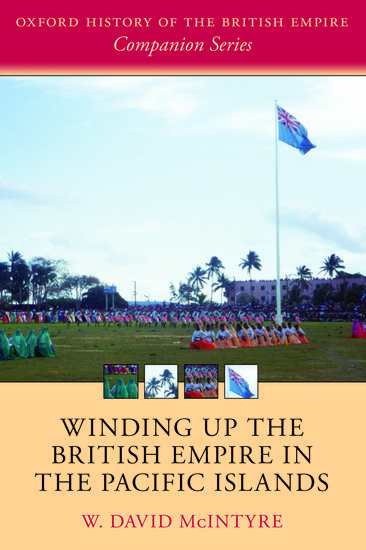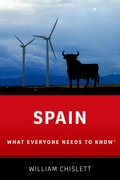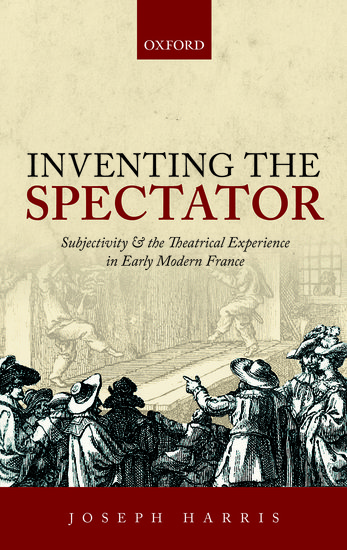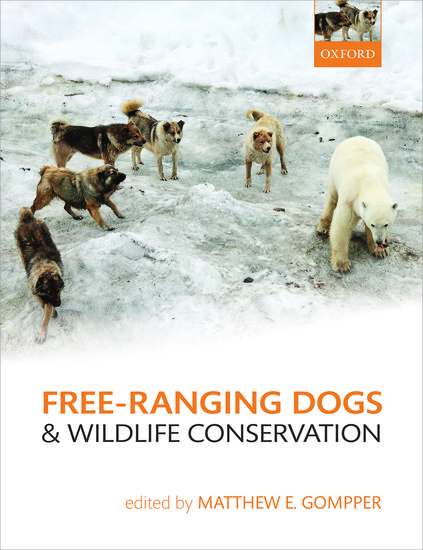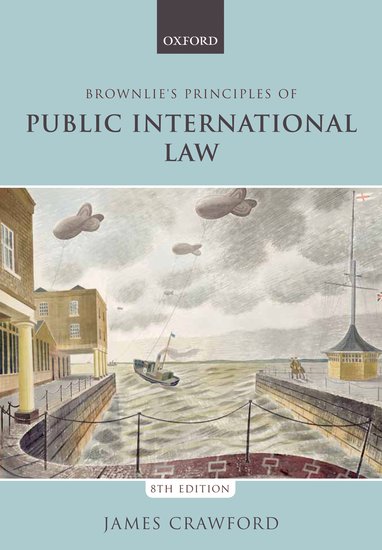Is our language too masculine?
As Women’s History month comes to a close, we wanted to share an important debate that Simon Blackburn, author of Ethics: A Very Short Introduction, participated in for IAITV. Joined by Scottish feminist linguist Deborah Cameron and feminist psychologist Carol Gilligan, they look at what we can do to build a more feminist language.




